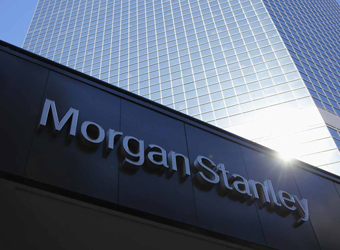Morgan Stanley says it is bullish on its business in China as initial public offering activity there picked up after slowing the year before, a top executive at the investment bank said on Wednesday.
Gokul Laroia, Asia Pacific co-CEO of Morgan Stanley, told CNBC that what he is most positive about when it came to deal flows and IPO activity in the coming year is the quality of public listing activity in the region.
“Deals coming out of China — and the reason I talk about China is because it’s the principal driver of this activity — reflect the changing nature of the Chinese economy,” Laroia said on the sidelines of the Morgan Stanley Asia Pacific Summit in Singapore.
China has attempted to rebalance its economy over the past few years by transitioning from a factory-led model of growth to one that’s driven by services and consumption, or what is often referred to as its “new economy.” That shift has been reflected in the types of businesses with which the investment bank has been talking.
“We’re in discussions with over a hundred companies at this point in time, from education, health care, content, online retail, financial technology. So the mix has changed,” Laroia said.
“And the one thing that’s changed in addition to the mix is that the scale of these businesses [is] much larger than we’ve ever seen before. So I think there will be a really robust supply over the next couple of years,” he said, referring to the trend as “new economy with scale.”
The global number of IPOs this year has increased after slowing in 2016, with stock exchanges in greater China accounting for the most listings globally by volume, according to a quarterly EY report in September.
As for the broader Chinese economy, Laroia said that, even though credit tightening will have an impact on China’s growth, the country’s economic outlook was positive.
“Growth will slow, but I’ve always maintained that the quality of growth is much more important than the quantum of growth,” he said.
“I think we’ve seen a hard landing in China. It happened a couple years ago when nominal growth went from 12 percent to 5 percent. We had a deflationary environment in China for three or four years. We’ve come out of that, so the quality of growth now in China [is] a lot better,” Laroia said.
Source: CNBC


